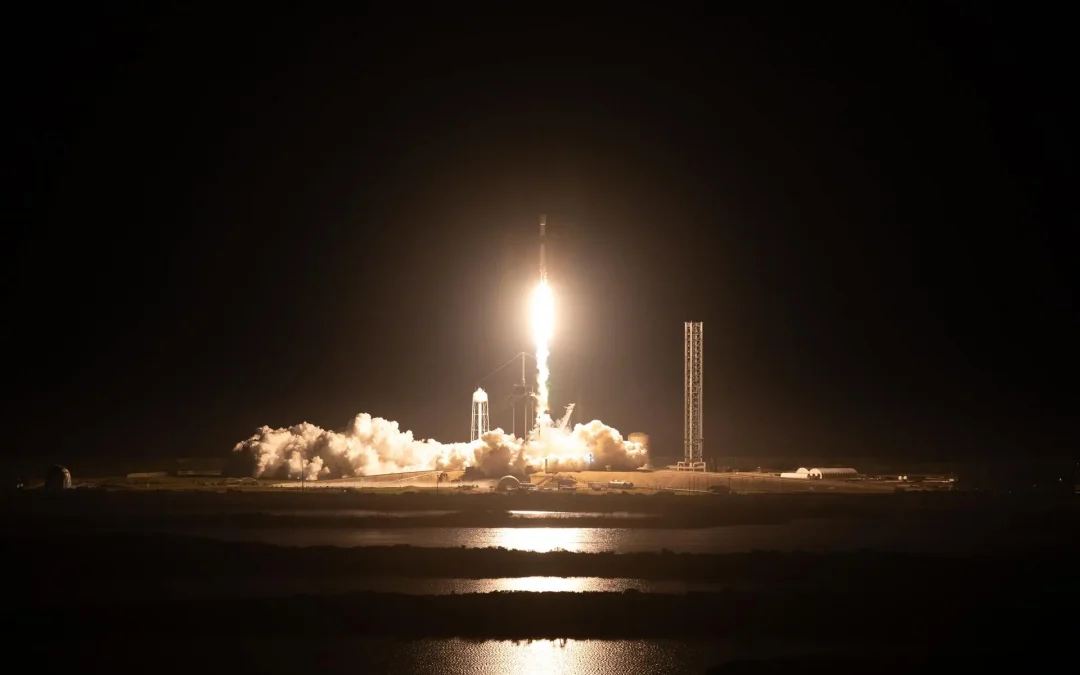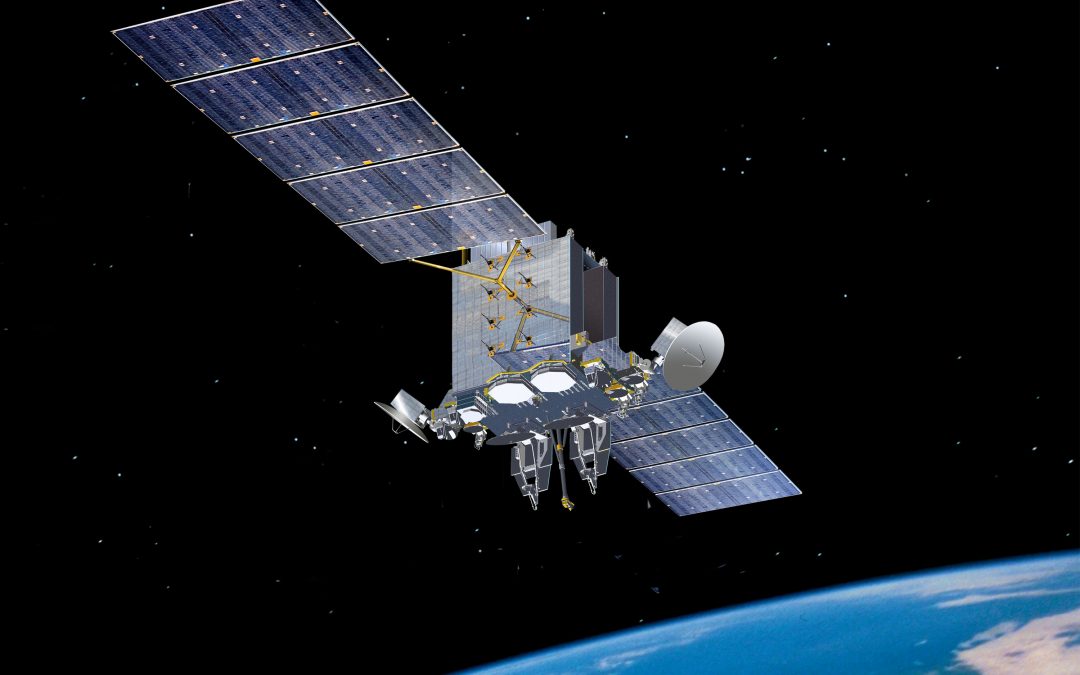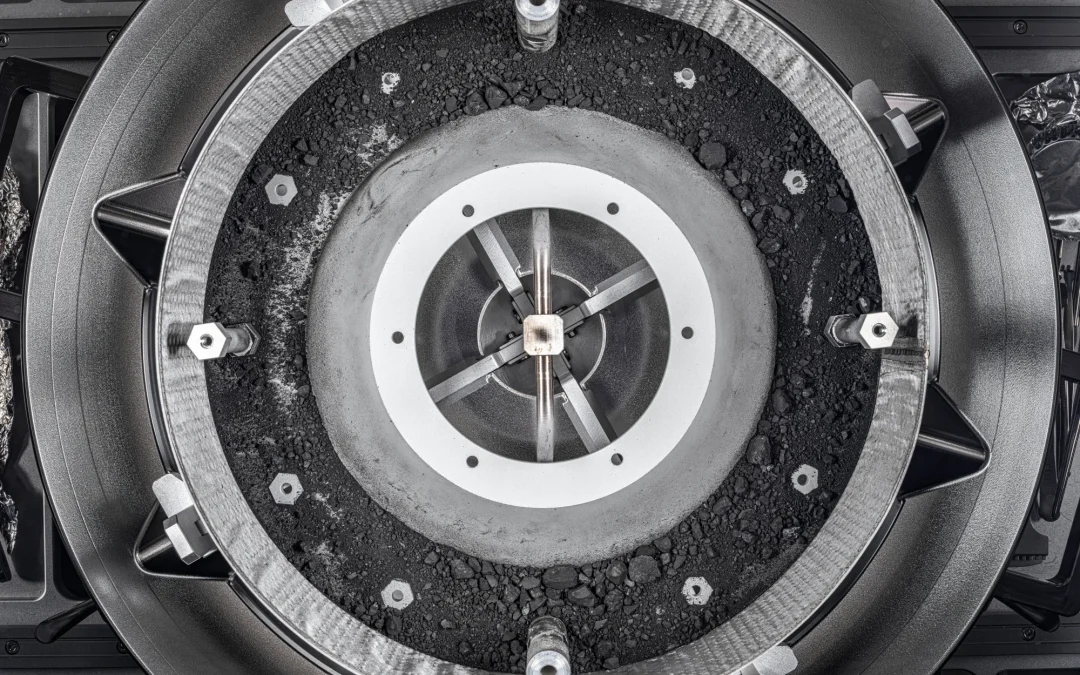In the olden days, NASA developed its missions using a variety of in-house engineers and external suppliers. As more commercial companies are targeting the Moon, NASA is working with partners to deliver its payloads to the lunar surface.



Fraser Cain
Universe Today

Dr. Pamela Gay
CosmoQuest

In the olden days, NASA developed its missions using a variety of in-house engineers and external suppliers. As more commercial companies are targeting the Moon, NASA is working with partners to deliver its payloads to the lunar surface.

Last week we learned that Russia might be planning nuclear weapons to take out satellites in space. What is the current and future possibility of weapons in space and what are the treaties designed to prevent them?

Last week we talked about sample return missions from the Moon and Mars, but scientists have retrieved samples from other objects in the Solar System, including comets and asteroids. What does it take to return a piece of rock from space, and what have we learned so far?

We’ve sent robots to other worlds, but the amount of science we can deploy to another planet can’t compare with the vast science labs we have on Earth. That’s why more and more missions are for a sample return, bringing pieces of alien worlds back to Earth, were we study them with proper equipment.
Recent Episodes
We did it, we made it to the end of another year. Once again it's time to wonder what gifts to get your beloved space nerds. We've got some suggestions. Some are brand new this year, others are classics that we just can't help but continue to suggest. Let's get into...
Ion engines are a mainstay of science fiction, featured in both Star Trek and Wars. But this is a very real technology, successfully used on several missions out there in the Solar System right now. How do they work and what are the limits? We usually record Astronomy...
There was no live video for this one, so here's the audio! The Full Raw version isn't much different this week - it just lacks the music and intro! Did you hear that astronomers from Harvard think that the interstellar asteroid Oumuamua was actually an alien solar...
We're always interested in the surface features of the planets and moons in the Solar System, but that's only skin deep. It turns out, these worlds have an interesting inner life too. Thanks to the science of seismology, we can peer into our planet and learn how it...
To really study something, you want to reach out and touch it. But what can you do if you're separated by a huge distance? You reach out with electromagnetic or sound waves and watch how they bounce back. Thanks to radar, sonar and lidar. We usually record Astronomy...
The Earth looks like a perfect sphere, but down here on the surface we see that there are mountains, rivers, oceans, glaciers, all kinds of features with different densities and shapes. Scientists can map this produce a highly detailed gravity map of our planet. And...
How do you know what something is made of if you can't reach out and touch it? How do we know what planets lights years away have in their atmosphere? What about the rocks all around Curiosity? Or the geysers coming out of Europa and Enceladus? Scientists have a few...
We're not learning that the vast majority of potentially habitable worlds out there are actually icy moons like Europa and Enceladus. Good news, there are hundreds, if not thousands of times more of them than worlds like Earth. Bad news, they're locked in ice. What...
Welcome to episode 500 of Astronomy Cast. To celebrate this momentous occasion, we're going to look back 500 years into the past to see what we learned about the Universe. And then we're going to look 500 years into the future. Astronomy Cast celebrated their 500th...
We started out Astronomy Cast with the controversial decision to de-planet Pluto. And here we are, more than a decade later, at the brink of recording our 500th episode when another big decision is coming down from the IAU: whose name goes on the concept that our...
The 2018 Hall of Fame inductees will be inducted on July 24 at the Academy of Podcasters' Hall of Fame Ceremony, during the Podcast Movement Conference in Philadelphia. CosmoQuest's own principal investigator Dr. Pamela Gay will be inducted for her work over the past...
Astronomy Cast will be on hiatus for July and August. Don't worry, we'll be back in September, and will be gearing up for our 500th episode! Astronomy Cast will be celebrating their 500th episode the weekend of Sept 15-16, 2018. Want to join us in Edwardsville, Il?...
The Milky Way has gobbled up dozens of dwarf galaxies and added them to its structure. Today we're going to look at the ongoing hunt for the wreckage of past mergers. And what we've discovered about dwarf galaxies in general. Welcome to our last episode before our...
Is it globular clusters or is it globular clusters? It doesn't matter, they're awesome and we're here to update you on them. Astronomy Cast will be celebrating their 500th episode the weekend of Sept 15-16, 2018. Want to join us in Edwardsville, Il? Check out our...
Another update show, this time on the various generations of stars, let's get into it. Astronomy Cast will be celebrating their 500th episode the weekend of Sept 15-16, 2018. Want to join us in Edwardsville, Il? Check out our AC500 site here to find out how! We...
Our knowledge of space is starting to match up with our ability to get out there an explore it. There are several companies working on missions and techniques to harvest minerals from asteroids. What other resources are out there that we can use? Astronomy Cast will...
Thanks to Cassini and other spacecraft, we've learned a tremendous amount about the icy worlds in the Solar System, from Jupiter's Europa to Saturn's Enceladus, to Pluto's Charon. Geysers, food for bacteria, potential oceans under the ice and more. What new things...
If there's one place we've learned more about in the last 10 years, it's Mars. Thanks to all those rovers, orbiters, landers which are flying overhead, crawling around the surface, and digging into the rich Martian regolith. What have we learned about Elon Musk's...
Another topic with plenty of updates. Since we started Astronomy Cast we've visited many smaller objects in the Solar System up close, from Ceres and Vesta to Pluto, not to mention a comet. What have we learned? We usually record Astronomy Cast every Friday at 3:00 pm...
Finally, a big update. Have there been news in the realm of exoplanets? More news that we can possibly cover. But we'll try our best. We usually record Astronomy Cast every Friday at 3:00 pm EDT / 12:00 pm PDT / 19:00 UTC. You can watch us live on here on...